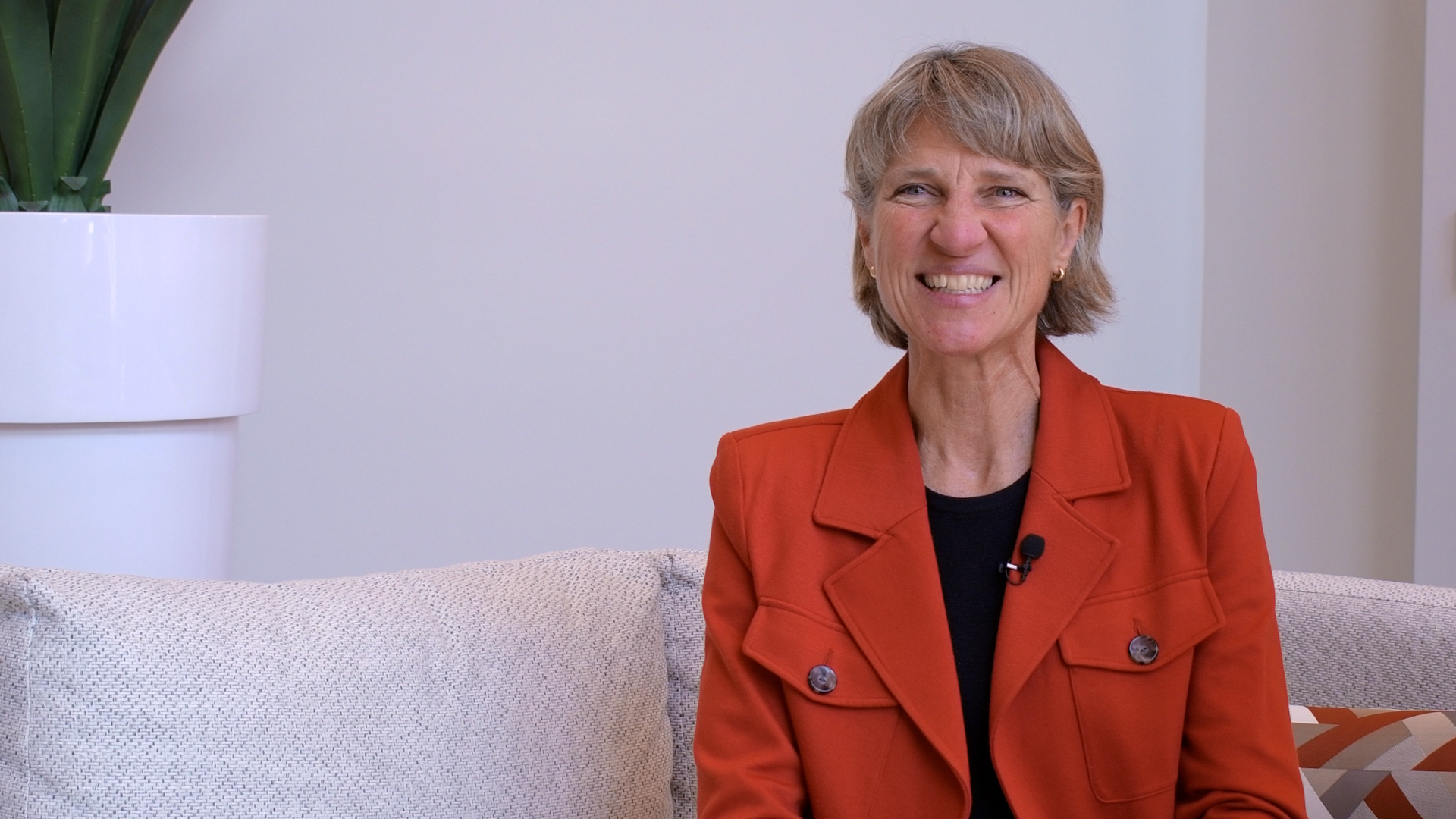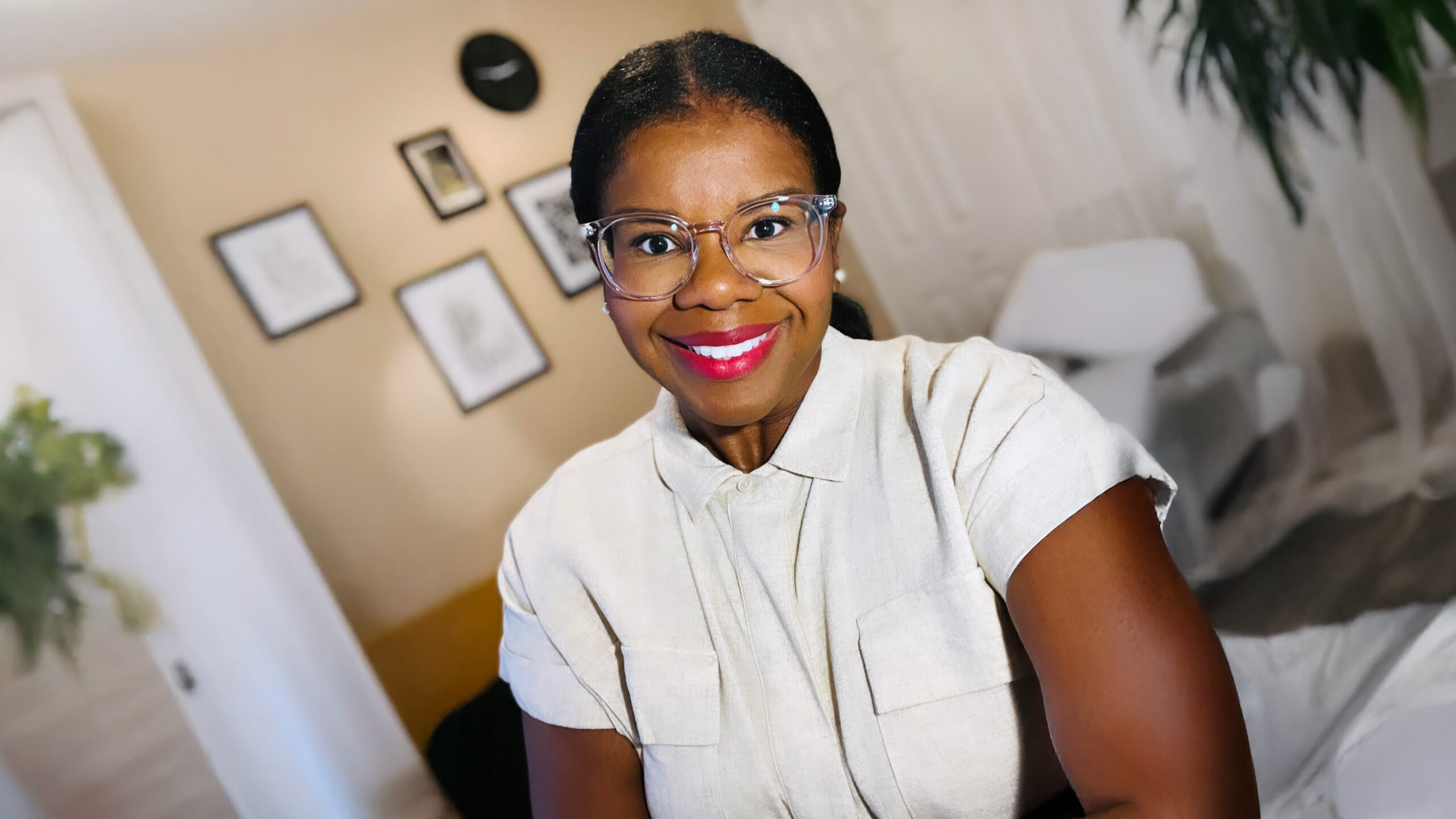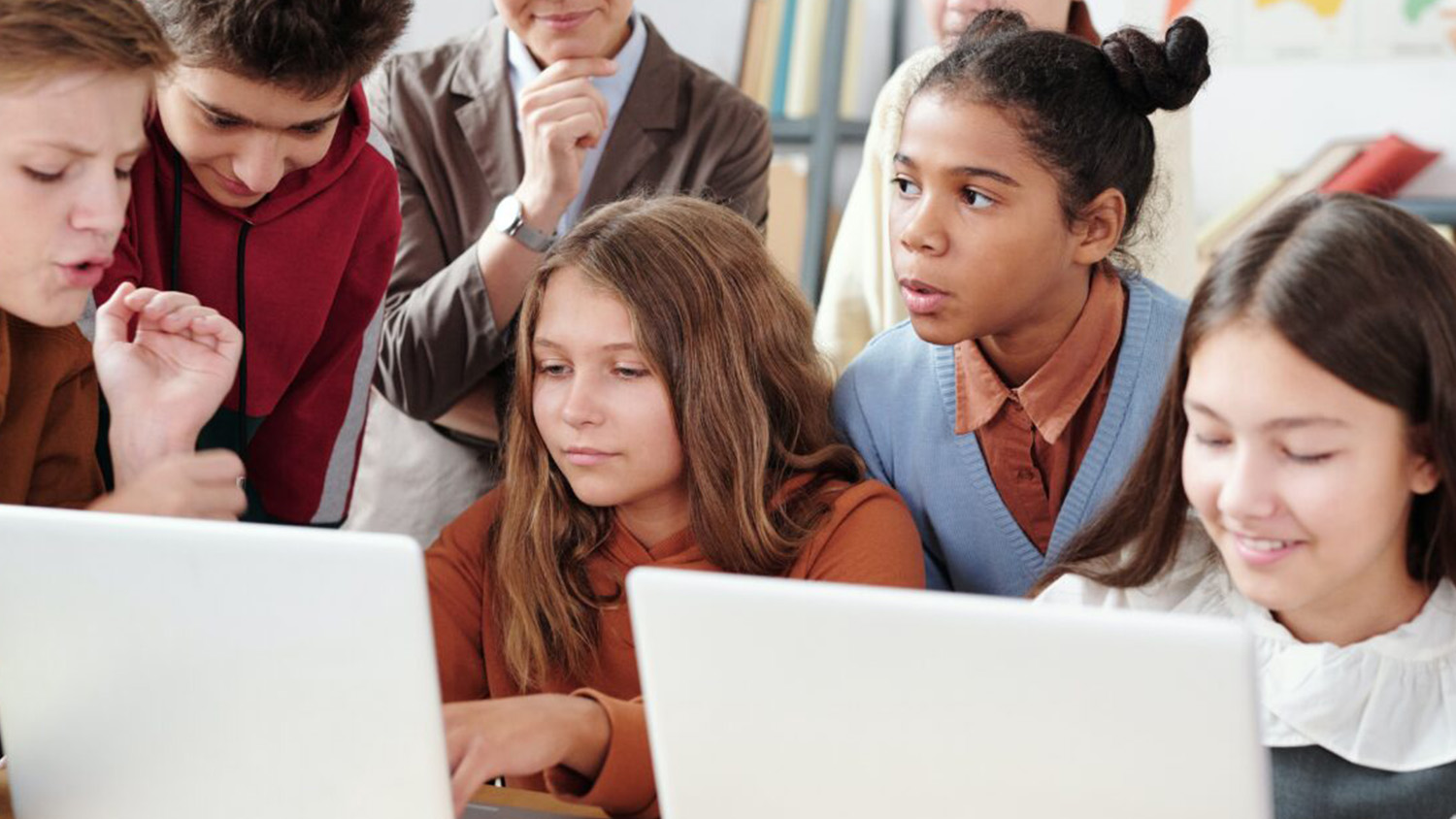Associate Professor Sarah Carrier to Help Teachers Implement Citizen Science Projects in Elementary School Classrooms Through NSF-funded Project

Citizen science projects can give elementary students an opportunity to learn science content and practices as they engage in authentic data collection that provides important information for professional scientists to use in their work. However, teachers often lack support for integrating these lessons into their existing curriculum.
Sarah Carrier, Ph.D., an associate professor of science education and Alumni Distinguished Graduate Professor in the NC State College of Education, is working to address this issue through a four-year, $1.9 million project funded by the National Science Foundation in partnership with Horizon Research, Inc. and the Museum of Natural Sciences. As the principal investigator for NC State, Carrier will receive $467,282 in funding.
“Supporting Elementary Teacher Learning for Effective School-Based Citizen Science” (TL4CS) will provide teachers with professional development and curricular support embedded in citizen science project materials that align with their existing instructional goals.
“Teachers are amazing and are asked to do so much. Our goals for our project are to provide teachers with support to implement citizen science experiences across the entire school year as students participate in authentic science data collection. Our work will help teachers connect science with students’ lives and with other disciplines of learning,” Carrier said.
Eighty fifth grade teachers from 40 schools across the Piedmont, Mountain and Coastal regions of North Carolina will engage in professional development experiences that support their implementation of two well-established national citizen science programs in their classrooms.
The projects include an entomology data collection project called “Lost Ladybug” and a precipitation data collection project called “Community Collaborative Rain, Hail and Snow Network (CoCoRaHS).”
Engaging with these projects will help students recognize their roles as scientists as they collect and share data that will be actively used by professional scientists. As students participate in the CoCoRaHS project, they will use a rain gauge to collect precipitation data, and these data are used by weather forecasters, hydrologists, water management scientists, researchers, growers, climatologists and other professionals. In addition, both projects will give young learners an opportunity to connect with nature as they develop valuable science content and process skills.
“Connections with the natural world are critical for all humans, and young students have a rich curiosity about and awareness of nature. With increases in students’ screen time, these connections with nature are even more important to help young learners connect with weather patterns, life cycles, climate and the role of humans in the natural world,” Carrier said.
Both citizen science projects come with established materials for implementation, and Carrier and the research team plan to enhance the materials to help educators better understand how these activities support existing science standards and reinforce additional connections across elementary education. In addition, the team is working to provide teacher supports to help them implement the projects using scientifically accurate practices and protocols. “In elementary school especially, math and reading scores are prioritized, so science is often relegated to the backburner,” Carrier said. “Kids love going outside and the authenticity of these activities builds a base for students’ learning beginning with science that supports learning across all subjects.”
During the implementation of the projects, Carrier and the team will collect data including teacher and student surveys and case studies. These data will be analyzed to determine which supports foster teacher learning, how these supports shape the way teachers implement citizen science experiences and how the projects can impact student learning and positive attitudes towards nature and science.
Carrier believes that the partnership between the schools and the project’s team of researchers will support the expansion of school-based citizen science projects in North Carolina and beyond.
“This partnership between Horizon Research, NC State and the Museum of Natural Sciences offers a breadth and depth of expertise. There are also former teachers on our team, so we bring both experience and sensitivity to help address today’s education challenges. We are excited to help teachers provide their students with authentic and rich learning opportunities.”
- Categories:


